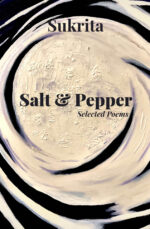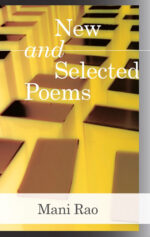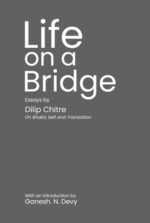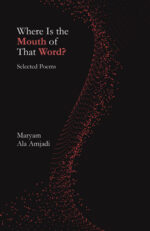About the Book
“Mazer, along with his northeastern companions Nikolayev and Kapovich – of the further norths and further easts – make jubilant singing verse as they step through the western wreckage. This must be remembered, say the only poets who’ll matter, so I must write in the ways of memory.” — Glyn Maxwell, from the Preface
“These poems are like trees that contain and protect and conceal themselves from themselves. Each wears a rough coat over the sap, the heart, the rainwater and scars. In so many ways the bark of a tree is a scroll with its messages written out of and into its experience. Mazer’s poems know they are beautiful the way the wooden rills on a tree are elegant, made of history, of romance and pride.” — Fanny Howe
“Ben Mazer is a true inheritor of John Ashbery’s legacy, specifically the Ashbery of Self-Portrait in a Convex Mirror. Like that classic of American poetry, The Ruined Millionaire ironically also suits the contemporary European scene. In translation, Mazer’s new selected poems could just as easily fit on a shelf of the best contemporary Polish or French poetry. Anglophone readers are lucky to have them available to us first.” — John Hennessy
“When Shakespeare meets Ben Mazer at the Mermaid Tavern he will hand Ben this book. ‘Shakespherian’ the Bard will say. ‘And more.’ Another poet at the end of the bar will nod and remark ‘There are No Dry Salvages there.’ Then Will will read ‘Monsieur Barbary Brecht’ to all and they will all be surprised by joy. You will be too when you read these poems: matchless, immortal, and, like all great poetry, unexplainable.” — Joe Green
“‘Start with the rain’: there is a great deal of rain in Ben Mazer’s poetry, often in darkness and whipped by wind. One might speak of a poetic of the torrential, given the irresistible forward sweep of his poems as they move through overlapping territories of memory and history and dream. He advances through the damp corridors of a foundered world, in which the debris (and the vocabulary and the contentions) of centuries has piled up, and the voices of poets and movie actors and a multitude of others re-echo like displaced wraiths. There are constant surprises—cascades of rhyme and apparitions from a history become ghostly, like ‘Caligari, tortured in oblong angles, / beer garden, mental institute, who mangles / memory’—but no matter how allusive or wildly improvisational, no matter how extraordinarily profuse in their range of reference, the lines are never digressive. The past woven into their ‘deep syntax / of auditory visuality’ is a living past: they exist in an urgent present, whether ‘driving thus into the heart of pain’ or momentarily perceiving Fred Astaire and Ginger Rogers, in the last reel of Top Hat, ‘looming and large as any of the designs of God.’ Whatever elements become part of this poetry are distilled with sustained intensity into one substance, a music appropriate to ‘that hour / when memory settles / on the evening / darkness its liquid / history of masks.'” — Geoffrey O’Brien
“‘In a soup you never know / what you’ll run into next. All the ingredients repeat, / but you encounter some of them for the first time.’ This is the savory gumbo out of which Ben Mazer has made his poems. At times maddeningly elliptical, at times this ‘ellipticality’ is what moves or tickles or interests you most. The editor of Delmore Schwartz, Hart Crane, and John Crowe Ransom (among others) is himself a poet very much worth savoring.” — Lloyd Schwartz, Pulitzer Prize-winning critic and author of Who’s on First? New and Selected Poems.
“What we can’t think to say, what we don’t know how to say, whether of experience cosmic or minute, he says. The white picket fence that is always intense, the little house between the two big ones, what a movie is. His comparisons are wildly accurate but they aren’t really comparisons at all. They come from similar and related as easily as far away and disparate places or thoughts, which is remarkable for its multidimensionality of seeing. His metaphors are never arbitrary or half convincing, but come from the unconscious. And the sounds fit the sense—there are lines to rival Yeats. And he can sustain a long poem without lagging. Only one who feels every nuance, who suffers intense emotions could write such great poems.” — Ruth Lepson
“The year’s most essential book of poetry.” — Michael Londra in SpoKe









